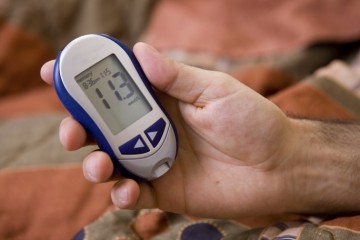By Dr. Breay Paty on January 21, 2020
The therapeutic use of testosterone has increased dramatically in the last two decades. The reasons for this appear to be increased frequency of testing and marketing of testosterone replacement for middle-aged and older men. While men with unequivocally low testosterone levels usually benefit from hormone replacement, the risk/benefit ratio for men with equivocal (“borderline”) levels is not clear, especially men who desire fertility.
By Dr. Breay Paty on February 18, 2015
Nausea can be a common side effect of GLP-1 receptor agonist, which can sometimes be dose limiting. However, this usually improves with time. As a new class of agents, evidence for the long-term safety of incretins is still emerging. Most of the safety questions involve cardiovascular (CV) risk, as well as pancreatitis and pancreatic cancer.
By Dr. Breay Paty on January 23, 2012
These oral agents, administered once daily, augment endogenous GLP-1, resulting in an A1C reduction of 0.5 – 0.9%. Since GLP-1 does not directly stimulate insulin, they have the advantage of not promoting hypoglycemia or weight gain.
By Dr. Breay Paty on June 20, 2011
Recent studies suggest that the relationship between glucose control (A1C) and cardiovascular disease is more complex than we may have realized.
By Dr. Breay Paty on April 15, 2010
Since their introduction, certain contraindications and side effects have been well known, including worsening heart failure, edema (including macular edema) and weight gain.





Recent Comments